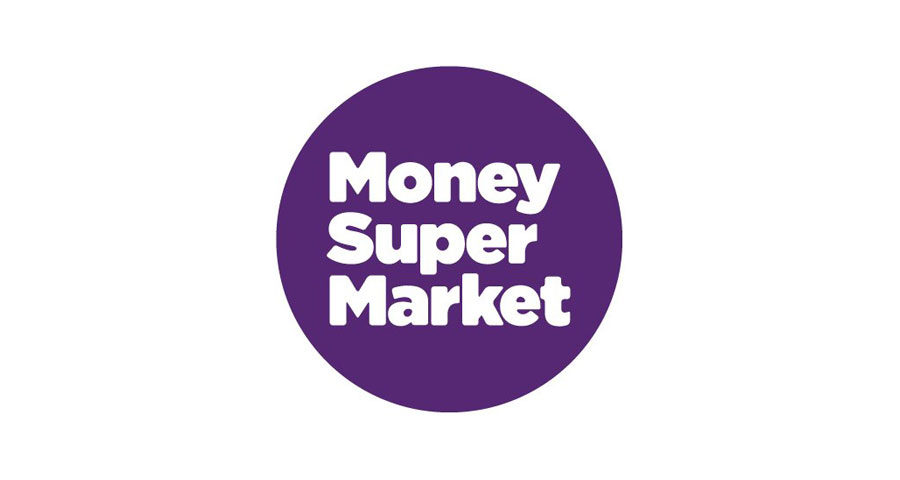IG Turns to AI to Transform Marketing Compliance
- 04.02.2026 02:45 pm
Finance Platform LemFi Launches Remittance Services in...
- 04.02.2026 12:00 pm
SumUp Launches Its Simplest And Most Durable Card...
- 04.02.2026 11:55 am
NCR Atleos and Heart of England Co-operative Extend...
- 03.02.2026 12:00 pm
Intuit Partners with Affirm To Provide Pay-Over-Time...
- 02.02.2026 02:05 pm
Thunes Named a Leading Fintech in Singapore by Tech in...
- 30.01.2026 12:35 pm
Payoneer Expands Capabilities in Mexico and Indonesia
- 30.01.2026 10:45 am
Mastercard Launches Best-in-Class ‘BIN Sponsor Plus’...
- 29.01.2026 08:05 am
Allianz Commercial’s Miami Latin America Hub Opens
- 29.01.2026 08:05 am
Form3 Expands Growing Client Base With European...
- 29.01.2026 08:05 am
Temenos Celebrates Collaboration and Innovation at...
- 29.01.2026 07:55 am
Experian and Fincentive Join Forces to Deliver Pension...
- 28.01.2026 11:05 am






















